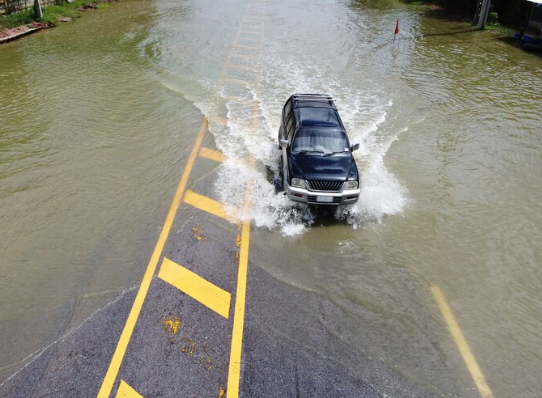Disadvantages of Private Flood Insurance
Disadvantages of Private Flood Insurance
In comparison to the National Flood Insurance Program, private flood insurance can provide greater coverage limits and flexibility; however, it also carries specific risks and disadvantages. It is critical to comprehend the potential drawbacks that may impact your financial security and the reliability of your coverage prior to selecting a private policy.
Non-Renewal and Cancellation of Policies
The potential for policy cancellation or non-renewal is one of the most significant concerns associated with private flood insurance. Private insurers have the option to discontinue the provision of flood coverage in high-risk areas or to terminate individual policyholders if they determine that the property is too risky. This can result in householders being compelled to seek coverage, particularly if they are obligated to maintain flood insurance as a result of a mortgage lender's requirements.
Reduced Regulatory Oversight
Private flood insurance policies are subject to state insurance laws, as opposed to NFIP policies, which are regulated and supported by the federal government. This implies that regulation is less uniform, which can lead to significant discrepancies in premium adjustments, claims processes, and coverage terms. In the event of a widespread flood event, private insurers may experience financial duress or be unable to promptly pay out claims.
Limited Availability in High-Risk Areas
Although private flood insurance is becoming more prevalent, it may still be unavailable in high-risk flood zones due to insurers' increased hesitancy in providing coverage. Certain providers may impose substantially higher premiums or deny coverage for properties that have experienced multiple flood claims. This complicates the process of obtaining dependable protection for homeowners in vulnerable regions.
Uncertain Claims Experience
NFIP claims processes are generally standardized, whereas private insurers may differ in their approach to claims management, particularly during catastrophic events. Disparities in the assessment of damage, the application of depreciation, or the interpretation of coverage can result in frustration and potentially lower payments than anticipated. In the event of disputes, policyholders may also have fewer appeal options.
Lender Approval Challenges
Some mortgage lenders may not accept private flood insurance unless it meets specific federal requirements. Even if a policy offers better coverage than the NFIP, it might be rejected during escrow or refinancing. Borrowers must verify that any private flood policy complies with federal lending standards under the Biggert-Waters Act and other regulations.
Conclusion
Although private flood insurance provides appealing benefits, it is not without its drawbacks. It is crucial to take into account policy cancellation, limited regulation, claims uncertainty, and lender restrictions. Before transitioning from an NFIP policy to a private one, homeowners should meticulously evaluate these risks and seek advice from insurance professionals.






